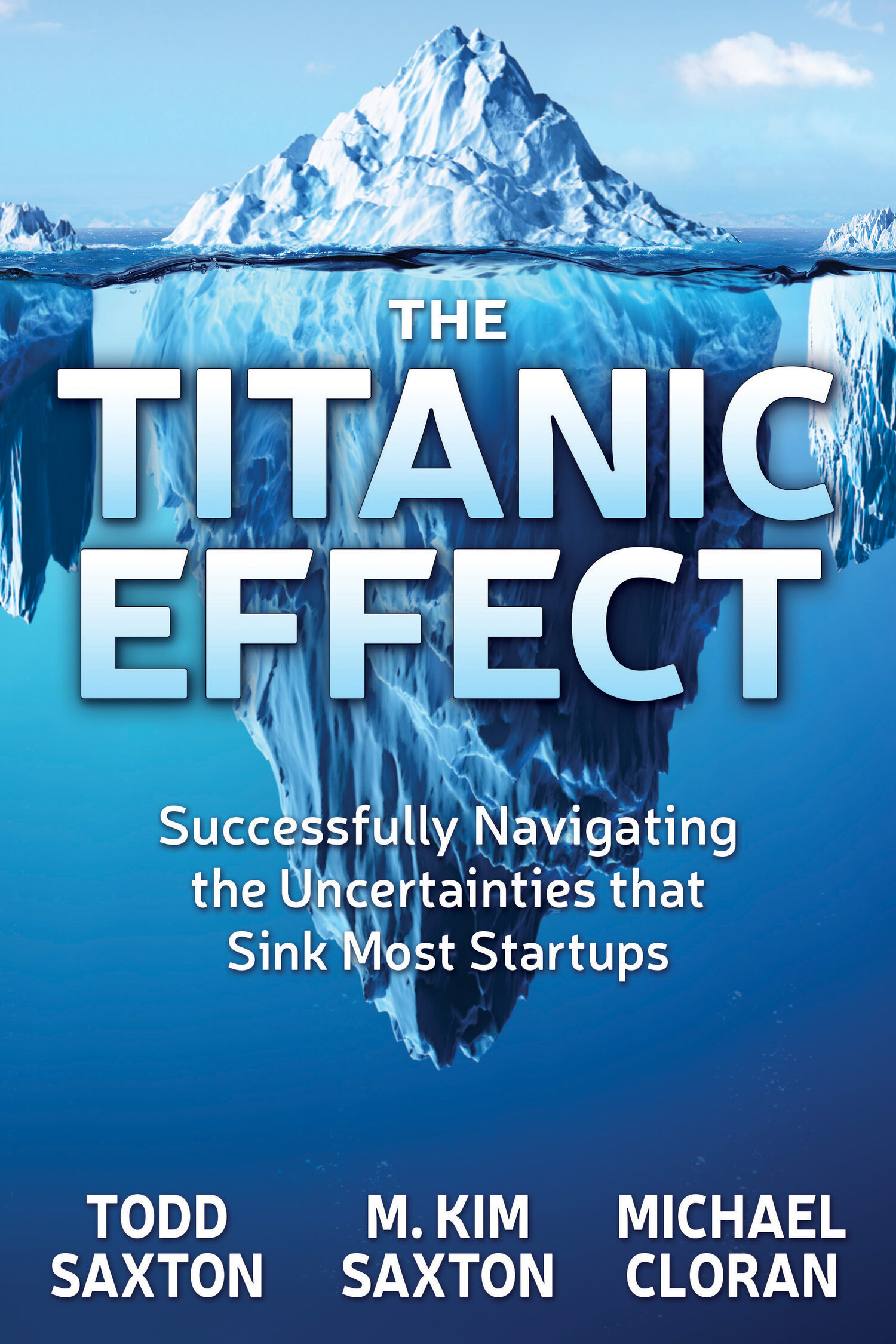Yes, startups need dollars to move forward. But they also need help, lots of help. This help comes from getting introductions to potential customers, employees, and investors; finding beta customers to test their products; and even having advisors to help them work through tough decisions. They need others to advocate for them. But how do they get this help?
Funding 101 for Startups
Starting a business requires navigating many kinds of uncertainties. Startups need to take many detailed steps, including: 1) Selecting a market, 2) Researching customers’ needs, 3) Picking a name, logo and domain name, 4) Creating a website, and 5) Starting to produce your offering and marketing it. In addition to time and effort, all of these steps take money. Every new business has to think about where it is going to get capital. When starting a business, the key is to get the kind of capital that matches the kind of business you are starting…
The Top Ten Rules of Zoombieland
Our World has changed, my friends. We have moved from in-person gatherings, coffees, lunches, and boardroom conferences to a series of seemingly endless virtual interactions. We are tethered to our communities, even our friends and family members, through sometimes fragile connections on various devices. Teaching, team meetings, startup brainstorming, investor pitches, healthcare, and checking in on Mom in her skilled nursing facility have all gone into the Matrix. We live in a transformed reality. We call this new reality…Zoombieland..
Fortunately, the actual movie Zombieland has some good advice to follow. The rules of Zombieland directly apply or can be adapted to help guide our behavior in this “new normal.” So here are our Top Ten Rules for the Zoombie Apocalypse…
Entrepreneur - Woman - Black: “Do You Want to Dance?”
“Hello dear reader, how are you?” I typically ask this question first as a way of trying to avoid this question being asked of me. Many people, whether they realize it or not, like to talk about themselves, so if I present that opportunity early, I won’t have to talk about myself (or my business). Don’t get me wrong. I love to talk about myself and what I have accomplished with my company, AwayZones. However, I am selective about who, and in what crowds, I do this. I’ll explain why in a little bit.
Six Startup Secrets We’ve Shared on Podcasts
Since The Titanic Effect: Successfully Navigating the Uncertainties that Sink Most Startups came out in June 2019, we’ve been fortunate to be a guest on a number of podcasts. If you’re interested in listening to these conversations, all of the links are on the Podcast page of the website. One thing that each podcaster does is look for sound bites in the discussion. These sound bites can become hooks in social media posts. They are a hook because there is truth that rings out through them. They are also little secrets, that “those in the know” only share occasionally with others. So we thought we’d share a few of these secrets with all of you.
The Key to Startup Marketing is Understanding Language of your Customers
If you’ve read our book, The Titanic Effect, you know that we are strong proponents of picking a customer segment to target at the start. Then you can expand by segments over time to grow. But, you really have to know who is your ideal customer. If you need more ideas about what an “ideal customer” is, check out our interview on the Creative Warriors podcast. Once you know who your ideal customer is, you have to frame your ideas in the language they use.
Hopefully, you have the ability to do deep, insightful research with them. But, if you don’t there are unobtrusive ways you can figure this out, too. You can start by using some online tools to better understand the language people are using with they think about your product. While not perfect, keyword planning tools available from companies like Google, Google Trends, Keyword Generator, Keyword Sheeter, Answer the Public, and others will give you lists of keywords for both broad and narrow topics. They start with the keyword(s) you provide and give lots of related words. Some will also give you search volume estimates. Traditionally, this is the first step in SEO (search engine optimization) which you should also do. But it can also be used to develop a hierarchy of language around your offering.
What Startups Need to Know about the Trajectory of the COVID Economic Recovery
Our respective roles with the IU Kelley School of Business and the Regenstrief Institute have given us the opportunity to be part of many community conversations about the economic recovery trajectory. Is it a “V” – steep decline, followed by steep incline? A “W” – the decline happens two time ? A “Swoosh” – a decline followed by a slow but steady increase? Or even worst case, an “L” – a drop that takes a long time to change? And I am sure there are letters we
Startups and Others, Beware the Bleeding Edge of Newfangled Technology!
As you can imagine, we like to follow news about the Titanic. Thankfully have many followers who share updates with us as well. This week had some interesting news about the Titanic’s Marconi radio. In the roughly 108 years since the sinking, explorers have not been allowed to salvage/explore/ransack the ship (more on that later). But, a group is being allowed to cut open the vessel to extract the radio the ship’s communications crew used to contact passengers’ families. Oh yes, and nearby ships for help as well. The telegraph was newfangled technology to bring on board.
Startups Need to Understand How the Human Brain Deals with Uncertainty
We’ve said it before, but it bears repeating – being an entrepreneur is not about taking risks, it’s about being comfortable with uncertainty. And let’s just admit that we live in uncertain times. In order to manage this uncertainty, or any of the uncertainty that comes with creating and growing a startup, it might help to understand how we process it.
Let’s start with some of the academic research. Over the last 10 years, researchers have been using functional magnetic resonance imaging (fMRI) to see how the brain responds to different kinds of inputs. People are given different kinds of tasks and the fMRI measures what parts of the brain have increased blood flow. The idea is that more blood flow = the part of the brain that is working the most. What this research has shown is that some ideas that we think of as being on a continuum actually work in parallel. For example, when purchasers evaluate how much they trust a seller, the parts of the brain associated with reward, prediction, and uncertainty are working the most. But when they focus on how much they distrust these same sellers, the active areas of the brain are associated with intense emotion and fear of loss.
Is Marketing Spend an Expense or an Investment for Startups?
When macroenvironmental challenges (like a recession or a pandemic) occur, many companies immediately slash their marketing budgets. We saw this in the recession of 2008 to 2009. We are seeing it again in the coronavirus pandemic. The argument goes like this: 1) we are not generating as much sales revenue, 2) we need to cut costs, and 3) let’s just cut all costs.
If marketing dollars are included in these moves, they are being treated like an expense. Well-spent marketing dollars can and should generate sales levels that are multiples of the spend. When this happens they are like an investment with a positive ROI.








